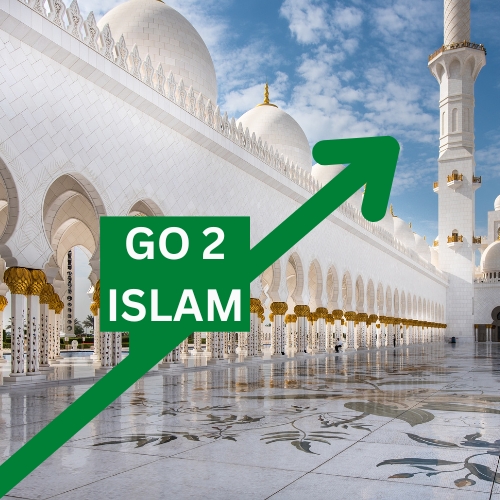Sunni and Shia are the two largest branches of Islam, with over 85% of Muslims belonging to the Sunni sect and around 15% belonging to the Shia sect. The split between these two sects originated in the early days of Islam and has continued to shape the religious and political landscape of the Islamic world.
The primary difference between Sunni and Shia Islam lies in their understanding of the proper succession to the leadership of the Muslim community after the death of the Prophet Muhammad.
Sunni Muslims believe that the first four Caliphs who succeeded the Prophet Muhammad, namely Abu Bakr, Umar, Uthman, and Ali, were rightly guided and chosen by the Muslim community to lead after the Prophet’s death. They consider them as the rightful leaders of the Muslim community, and their rule is seen as a continuation of the Prophet’s legacy. Sunnis also place great emphasis on the role of consensus, or the agreement of the Muslim community, in determining religious and political matters.
Shia Muslims, on the other hand, believe that the Prophet Muhammad designated his cousin and son-in-law, Ali, as his successor, and that this designation was ignored by the larger Muslim community. They consider Ali and his descendants, who are known as the Imams, as the rightful leaders of the Muslim community. Shia Muslims also believe in the concept of Imamate, which holds that the Imams are divinely inspired and have the authority to interpret Islamic teachings and guide the Muslim community.
Another important difference between Sunni and Shia Islam is their approach to religious practice and law. While both sects share a common belief in the fundamental principles of Islam, they differ in some of their religious practices and rituals. For example, Shia Muslims place more emphasis on mourning and commemorating the death of the Prophet’s grandson, Hussein, and his family members, who were killed in the Battle of Karbala in 680 CE. Shia Muslims also have a different set of religious scholars and jurisprudence than Sunnis.
The split between Sunni and Shia Islam has had significant historical and political implications. Throughout history, Sunni and Shia Muslims have often been in conflict, with disputes over religious leadership and political power often leading to violence and unrest. Today, sectarian tensions continue to be a source of tension and conflict in many parts of the Muslim world.
Despite these differences, both Sunni and Shia Muslims share a common belief in the oneness of God, the importance of prayer, charity, and the Hajj pilgrimage to Mecca. They also share a deep reverence for the Prophet Muhammad and his teachings, and both sects continue to shape the religious and cultural landscape of the Islamic world.

